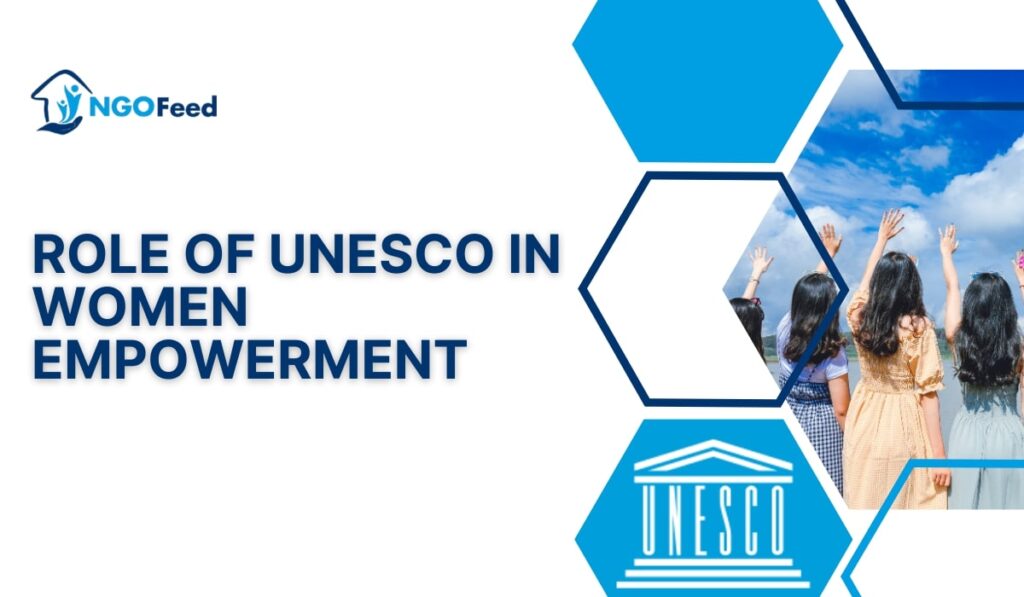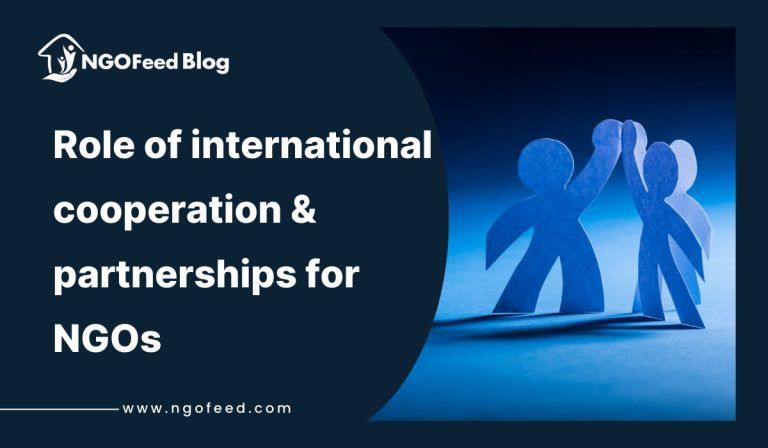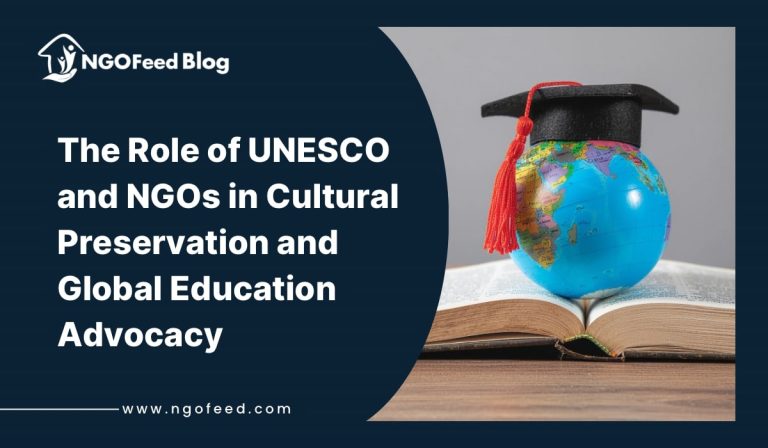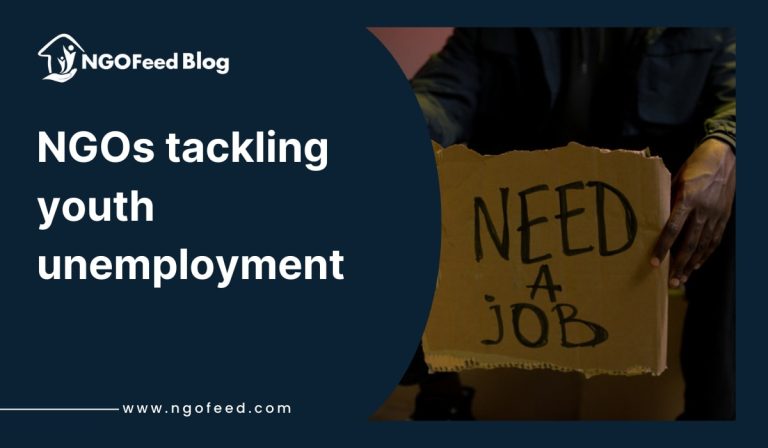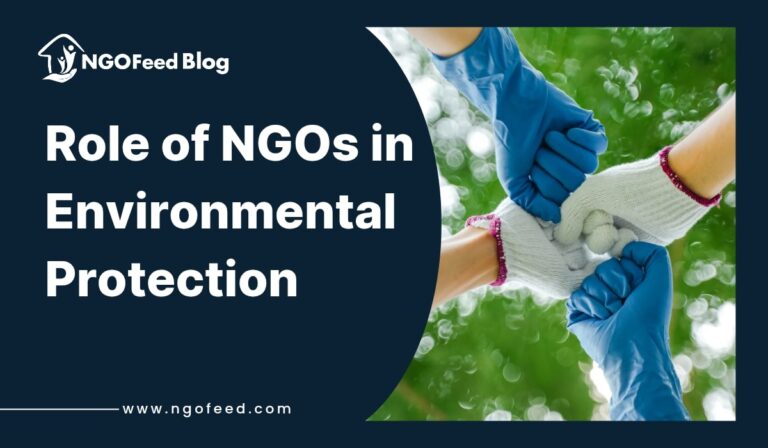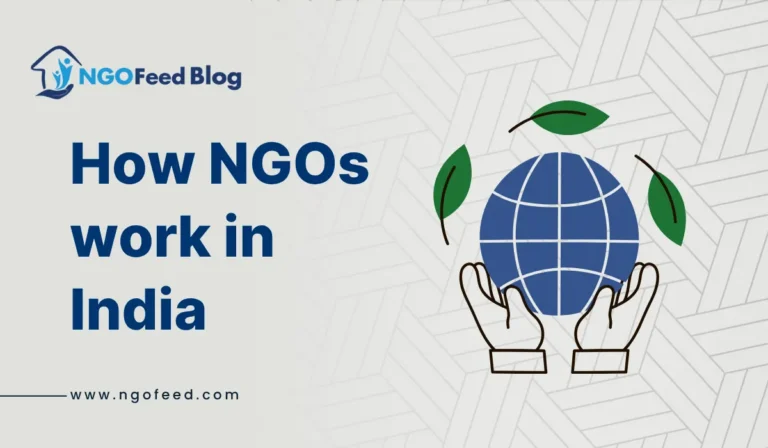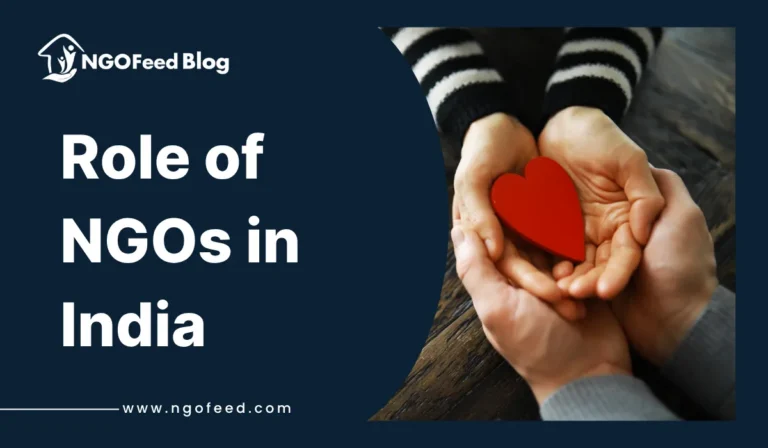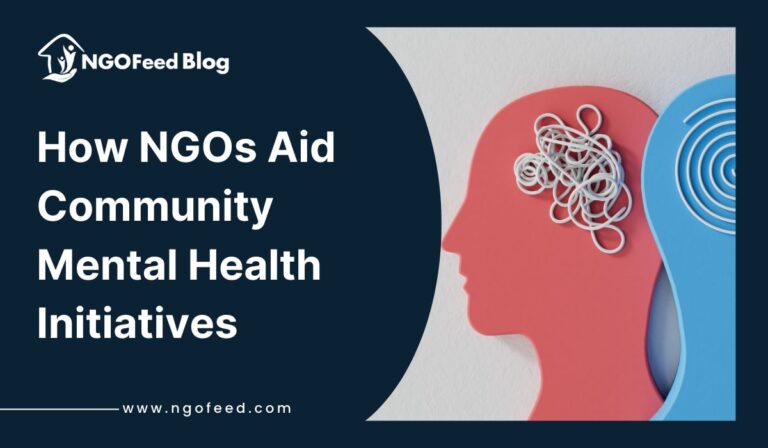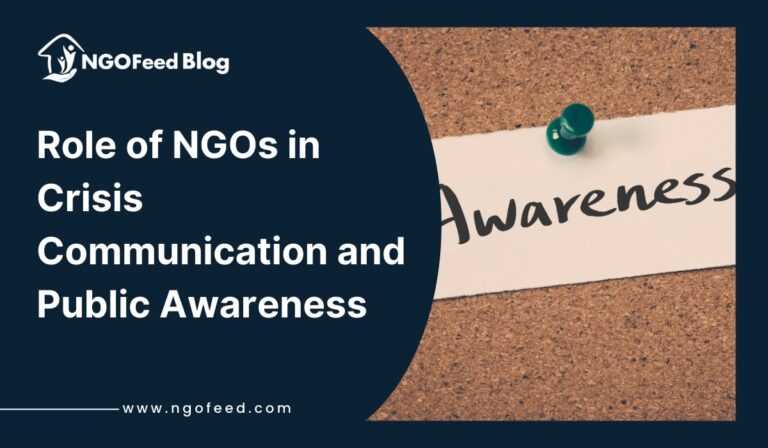Role of UNESCO in Women Empowerment: UNESCO is the United Nations Educational, Scientific and Cultural Organization. It contributes to peace and security by promoting international cooperation in education, sciences, culture, communication and information. UNESCO promotes knowledge sharing and the free flow of ideas to accelerate mutual understanding and a more perfect knowledge of each other’s lives. UNESCO’s programmes contribute to the achievement of the Sustainable Development Goals defined in the 2030 Agenda, adopted by the UN General Assembly in 2015.
Table of Contents
UNESCO’s History
As early as 1942, in wartime, the governments of the European countries, which were confronting Nazi Germany and its allies, met in the United Kingdom for the Conference of Allied Ministers of Education (CAME). World War II was far from over, yet those countries were looking for ways and means to rebuild their education systems once peace was restored. The project quickly gained momentum and soon acquired a universal character.
New governments, including that of the United States, decided to join in. Upon the proposal of CAME, a United Nations Conference for the establishment of an educational and cultural organization (ECO/CONF) was convened in London from 1 to 16 November 1945. Scarcely had the war ended when the conference opened. It gathered together representatives of forty-four countries who decided to create an organization that would embody a genuine culture of peace. In their eyes, the new organization was to establish the “intellectual and moral solidarity of mankind” and thereby prevent the outbreak of another world war.
UNESCO’s vision
Political and economic arrangements of governments are not enough to secure the lasting and sincere support of the peoples. Peace must be founded upon dialogue and mutual understanding. Peace must be built upon the intellectual and moral solidarity of humanity.
In this spirit, UNESCO develops educational tools to help people live as global citizens free of hate and intolerance. UNESCO works to ensure that every child and every citizen has access to quality education. By promoting cultural heritage and the equal dignity of all cultures, UNESCO strengthens the bonds between nations. UNESCO fosters scientific programmes and policies as platforms for development and cooperation. UNESCO stands up for freedom of expression, as a fundamental right and a key condition for democracy and development. As a laboratory of ideas, UNESCO helps countries to adopt international standards and manages programmes that foster the free flow of ideas and the exchange of knowledge.
UNESCO’s founding vision was born in response to a world war marked by racist and anti-Semitic violence. Seventy years later and many liberation struggles later, UNESCO’s mandate is more relevant than ever. Cultural diversity is under attack and new forms of intolerance, rejection of scientific facts and threats to freedom of expression challenge peace and human rights. In response, UNESCO’s duty remains to reaffirm the humanist missions of education, science and culture.
Also Read: Role of UNESCO in Education
UNESCO’s Major Achievement in 2023
- 82 countries and 1,200 organizations joined the UNESCO-led Greening Education Partnership to get every learner climate-ready;
- US$ 117 million were raised with the help of 15 international partners, notably the United Arab Emirates and the European Union, for the Revive the Spirit of Mosul flagship initiative, UNESCO’s most ambitious reconstruction plan in decades;
- 10 million km² of land protected by UNESCO designated sites: 748 Biosphere Reserves, 185 Global Geoparks, 1,199 World Heritage sites;
- 50,000 Ukrainian teachers have been trained online in digital pedagogy by UNESCO and Ukraine’s Ministry of Education;
- 20 countries have now ratified the Global Convention on Higher Education;
- 29,4% of the world’s entire ocean floor is now mapped thanks to the Nippon Foundation-GEBCO Seabed 2030 project which began in 2017. The map has grown from 22 million to 90 million km² (equal to twice the Asian continent’s landmass);
- 20% of the world’s mapped plant and animal species richness, many endangered, are harboured in UNESCO World Heritage sites;
- Over 1,600 journalists were killed around the world between 2006 and 2023, and nearly 9 out of 10 of theses cases remain judicially unresolved according to UNESCO’s Observatory of Killed Journalists;
- 250 million children and youth are out of school, a 6 million increase since 2021 according to UNESCO latest global estimates;
- 85% of citizens are worried about the impact of online disinformation, according to an IPSOS poll conducted for UNESCO, with over 8,000 respondents in 16 countries where elections will be held in 2024;
- More than 50 countries have worked with UNESCO in designing their national Ethical AI Policies in 2023.
Also Read: Role of NGO in Women Empowerment in India
UNESCO in Women Empowerment – Priority Gender Inequality
UNESCO and its partners work to provide solutions toreduce inequalities in and through education, to empower women in science and technology for environmental action, topromote inclusion and combat gender-based violence, to bridge the digital gender divide and to support women’s empowerment in crisis, emergency and early recovery contexts.
UNESCO is committed to gender equality as a human rights issue and a precondition for sustainable people-centered development. It is at the core of UNESCO’s conviction of how to build lasting peace.
Education Transforms Lives
UNESCO’s task is to rethink and reimagine education for a sustainable future. The organization leads and coordinates the Education 2030 agenda through partnerships, monitoring and research. Our experts support countries to develop education systems that provide quality lifelong learning opportunities for all, and empower learners to be creative and responsible global citizens.
Reimagining education
UNESCO anticipates and responds to emerging trends and needs in education, as seen in its ground-breaking Futures of Education report, a global initiative to rethink how learning can shape the future of humanity and the planet.
Designing policies
UNESCO works with countries to design, implement and share successful education policies, plans and best practices based on data collection, monitoring and dialogue with national authorities.
Standard-setting
UNESCO develops and monitors legal frameworks and normative instruments to ensure the right to education. These include the Convention against discrimination in education, the recent landmark Global Convention on the recognition of qualifications in higher education and an online monitor, Her Atlas, measuring the status of national legal frameworks related to girls’ and women’s education.
Also Read: NGO in Women Empowerment
Catalyzing for international cooperation
UNESCO uses its convening power for international cooperation by promoting dialogue, exchange and partnership among the global education community, including civil society and youth. This includes global conferences exploring areas such as early childhood care and education (2022), higher education (2022), adult learning (2022) and education for sustainable development (2021) that set the agenda for the decade ahead.
Capacity-building
UNESCO provides technical advice and support to develop the institutional and human capacity of countries to achieve their education goals. This includes training of education practitioners and officers in multiple fields, including educational planning, curriculum design, data collection and distance learning.
Also Read: Role of NGOs in Gender Equality
Conclusion
Overall, women’s empowerment through entrepreneurship can help to promote gender equality, economic growth, and social development, benefiting both women entrepreneurs and society as a whole. It is an essential investment that can create long-lasting change and improve the lives of women and their families. Empowering women is essential to the health and social development of families, communities and countries. When women are living safe, fulfilled and productive lives, they can reach their full potential. contributing their skills to the workforce and can raise happier and healthier children.

